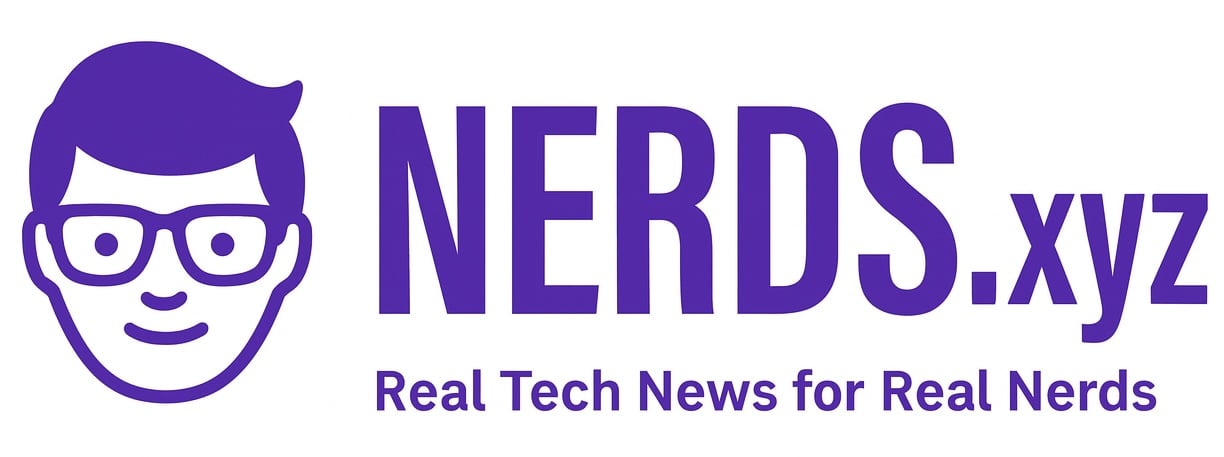
Google has finally revealed what is next for its smart speakers and displays. The company is pushing Gemini into your living room, replacing the Google Assistant with a more powerful AI voice. On the surface, that might sound exciting. But let’s not ignore the fine print: Google plans to put parts of this experience behind a paywall. Yes, really.
For years, the search giant hooked us with free services backed by ads. Gmail, Maps, and of course Search all trained us to expect powerful tools at no cost. Now it wants users to accept that features we once assumed were included will only be available if we pay up. That feels like a bait and switch, and it could mark a turning point for how people view the company.
Gemini for Home builds on the same AI models used on phones. It can reason through complex requests, manage multiple commands, and answer nuanced questions. Google says it can find songs with vague descriptions, adjust your smart home with natural speech, and even help coordinate family life. You can ask it to create calendar events, manage shopping lists, or set up a timer for perfectly blanched broccoli. These sound like handy upgrades, but they also show how much deeper Gemini will integrate into personal routines compared to Assistant.
Gemini Live takes it further with conversational back and forth. You can brainstorm dinner with whatever is in your fridge, troubleshoot broken appliances, or spin a custom bedtime story for your kid. The pitch is that Gemini is not just an assistant, but a collaborator in your home life. Early demos show it weaving together tasks in a way that makes Assistant look outdated by comparison.
Over time, Gemini for Home will replace Google Assistant on existing speakers and displays. The company admits it will be offering both free and paid versions, and early access begins in October. That means the assistant you already own could feel stripped down unless you start paying. The very same devices that once promised convenience without extra costs are about to become subscription upsells.
This shift raises bigger questions about Google’s strategy. Amazon Alexa is still free, even as Amazon struggles to monetize it. Apple does not charge extra for Siri, though it sells hardware at a premium. By charging for Gemini in the home, Google is signaling that its long-term AI play is not just about ads or devices, but subscriptions. It wants to squeeze recurring revenue out of what used to be considered baseline functionality.
The privacy angle is worth mentioning too. Even if you pay for Gemini, Google will likely still be collecting data to refine its models and serve ads elsewhere. Consumers may rightly wonder why they should hand over money for features while also remaining the product in terms of data collection. Paying does not mean you suddenly own the assistant or control how it learns from your household conversations.
There is also the question of how much people will actually tolerate. Smart speakers have never been as essential as smartphones. If users feel tricked into paying for features that used to be free, they could simply unplug their Nest Hub and walk away. Google is betting that people are already too locked into its ecosystem to make that choice.
At the end of the day, Gemini for Home looks like a technically impressive upgrade. It can make cooking, troubleshooting, and even entertainment more natural. But the push to divide features between free and paid tiers risks souring the experience. The company that once bragged about free tools for everyone is now testing just how much its customers are willing to pay to keep the convenience they thought they already had.


